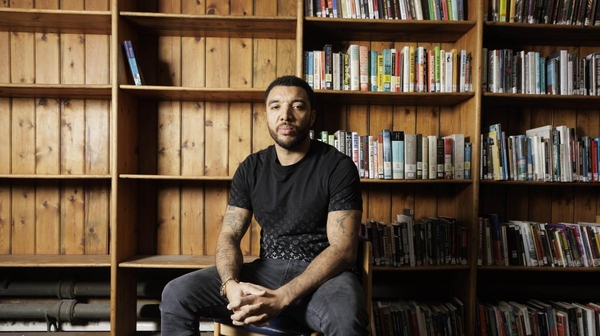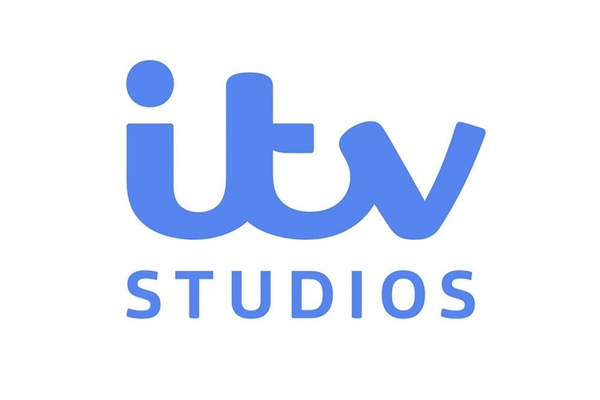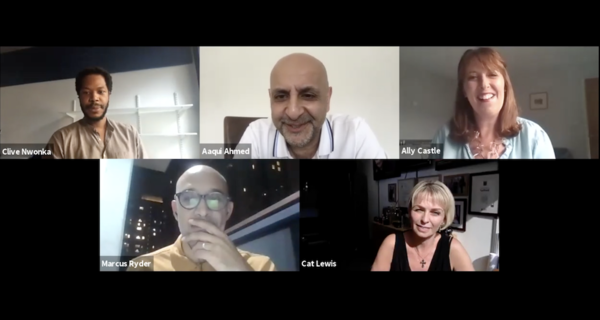Widening the lens of foreign news
On the first anniversary of the Russian invasion of Ukraine, the Sir Lenny Henry Centre for Media Diversity and ITN held an invitation-only event to ask if the war had exposed a serious lack of diversity across newsrooms and what this meant for the journalism they produced?
At the start of the war, the Los Angeles Times wrote: “In the heat of war, a number of correspondents, consciously or not, framed suffering and displacement as acceptable for Arabs, Afghans and others over there — but not here, in Europe.”





